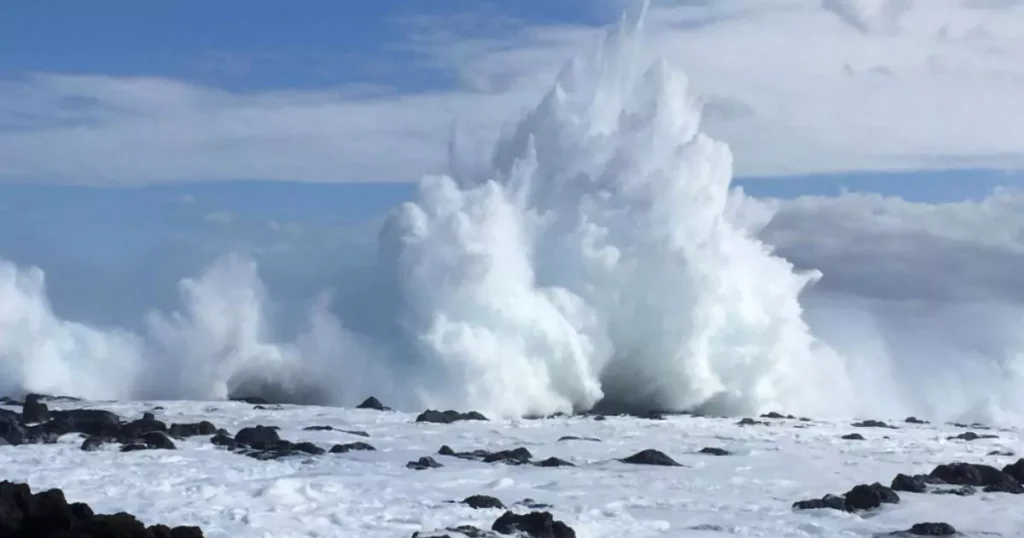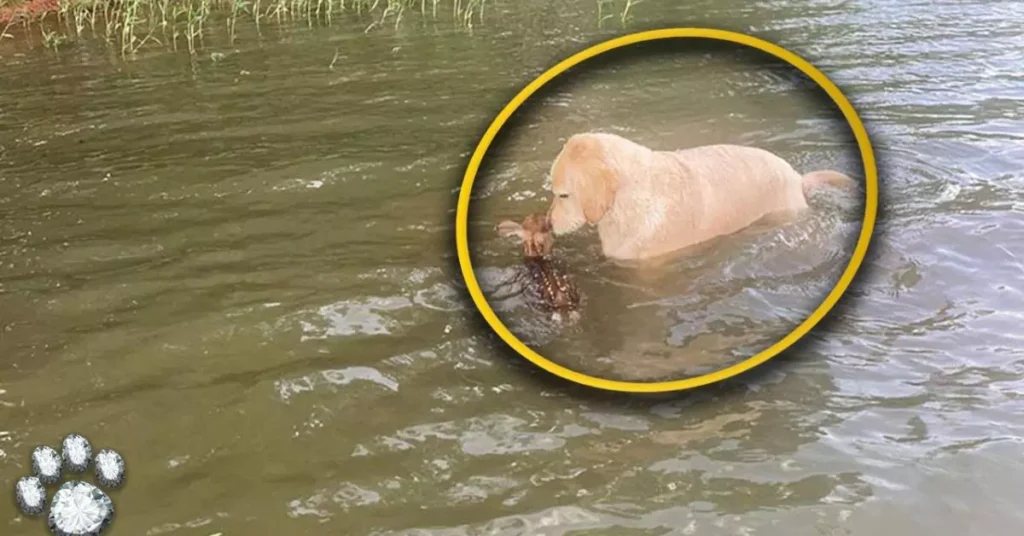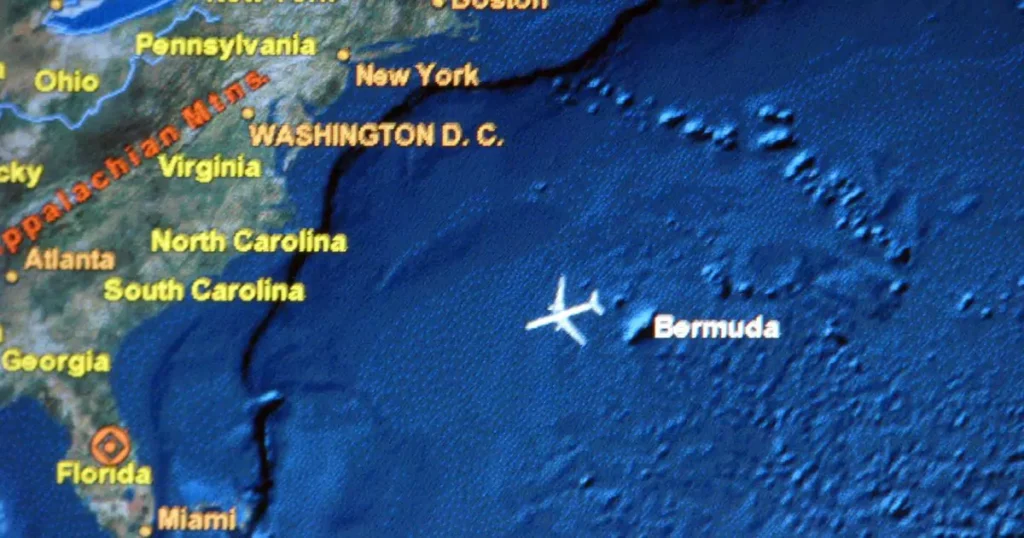
Houston is a major hub for maritime activities due to its proximity to the Gulf of Mexico. This bustling port city handles a significant amount of shipping and offshore work, making maritime law a crucial area of practice. If you work in the maritime industry or have experienced an accident or injury at sea, understanding the role of a Houston maritime attorney can be vital. This article will provide an in-depth look at what a Houston maritime attorney does, why you might need one, and how to choose the best one for your needs.
What is a Houston Maritime Attorney?
A Houston maritime attorney specializes in laws and regulations that govern activities on navigable waters. This includes oceans, rivers, and lakes. These lawyers handle cases related to maritime activities, including shipping, navigation, waterside injuries, and offshore oil rig accidents. Maritime law, also known as admiralty law, is a distinct body of law that covers a wide range of issues from personal injuries to contractual disputes.
The Importance of Maritime Law in Houston
Given Houston’s status as a major port city, maritime law is particularly important. The city is home to one of the busiest ports in the United States, the Port of Houston, which handles millions of tons of cargo annually. The Houston Ship Channel, which links the port to the Gulf of Mexico, is a key route for commercial shipping. Additionally, Houston is a center for the offshore oil and gas industry. These factors make the role of Houston maritime attorneys essential in ensuring the smooth operation and legal compliance of maritime activities.
Types of Cases Handled by Houston Maritime Attorneys
Houston maritime attorneys handle a variety of cases, each with its own complexities. Here are some common types of cases they deal with:
Personal Injury Claims
One of the most common cases handled by Houston maritime attorneys is personal injury claims. Maritime workers, including seamen, longshoremen, and offshore oil rig workers, are often exposed to hazardous conditions. Injuries can result from accidents on vessels, docks, or offshore platforms. Maritime attorneys help injured workers seek compensation under laws like the Jones Act, which allows seamen to sue their employers for negligence.
Wrongful Death Cases
Maritime work can be extremely dangerous, sometimes resulting in fatalities. When a maritime worker dies due to negligence or unsafe working conditions, their families may file a wrongful death lawsuit. Houston maritime attorneys assist families in navigating these complex legal waters to secure compensation for their loss.
Offshore and Oil Rig Accidents
Houston’s proximity to the Gulf of Mexico makes offshore and oil rig accidents a significant area of practice for maritime attorneys. These cases can involve explosions, equipment failures, and other dangerous incidents. Attorneys help victims and their families obtain compensation for injuries, lost wages, and other damages.
Cargo Disputes
Houston maritime attorneys also handle disputes related to cargo. This can include issues like damaged goods, lost shipments, and contractual disputes between shipping companies and clients. These cases require a thorough understanding of both maritime law and commercial law.
Environmental Damage
Oil spills and other environmental hazards are serious issues in maritime law. Houston maritime attorneys may represent companies in regulatory compliance matters or individuals and communities affected by environmental damage. These cases can be complex, often involving federal and state regulations.
Why You Might Need a Houston Maritime Attorney
There are several reasons why you might need the services of a Houston maritime attorney. Here are a few scenarios where their expertise can be invaluable:
Workplace Injuries
If you are a maritime worker who has been injured on the job, a Houston maritime attorney can help you navigate the legal system to seek compensation. Maritime law provides specific protections and rights for workers, and an experienced attorney can ensure you receive the benefits you are entitled to.
Wrongful Death Claims
In the unfortunate event that a loved one has died due to a maritime accident, a Houston maritime attorney can assist in filing a wrongful death claim. These cases are emotionally and legally complex, and having a knowledgeable attorney can make the process more manageable.
Contractual Disputes
Businesses involved in maritime activities may face contractual disputes over shipping agreements, cargo claims, or other issues. A Houston maritime attorney can provide legal advice and representation to resolve these disputes effectively.
Regulatory Compliance
Maritime companies must comply with numerous federal and state regulations. A Houston maritime attorney can help ensure that your business is adhering to all necessary laws, thereby avoiding costly fines and legal issues.
Environmental Issues
If your company is involved in an environmental incident, such as an oil spill, a Houston maritime attorney can represent you in legal proceedings and help mitigate the impact of the incident. They can also assist in compliance with environmental regulations to prevent future issues.
How to Choose the Best Houston Maritime Attorney
Selecting the right attorney is crucial for the success of your case. Here are some tips on how to choose the best Houston maritime attorney:
Experience and Specialization
Maritime law is a specialized field, so it’s important to choose an attorney with extensive experience in this area. Look for lawyers who have handled cases similar to yours and have a track record of success. Experience in the specific type of maritime law relevant to your case (e.g., personal injury, cargo disputes, environmental law) is particularly important.
Reputation
Research the attorney’s reputation within the legal community and among past clients. You can look for reviews and testimonials online or ask for references. A reputable attorney will have positive feedback and a history of ethical practice.
Legal Fees
Understand the attorney’s fee structure before hiring them. Maritime attorneys may charge hourly rates, flat fees, or work on a contingency basis (where they only get paid if you win your case). Make sure you are comfortable with the fee arrangement and that there are no hidden costs.
Communication Skills
Effective communication is crucial in legal matters. Choose an attorney who is responsive, listens to your concerns, and explains legal concepts clearly. Good communication can make the legal process smoother and less stressful.
Resources
Consider whether the attorney has the resources necessary to handle your case. This includes not only financial resources but also access to expert witnesses, investigators, and other professionals who can strengthen your case.
The Role of the Jones Act in Maritime Law
The Jones Act is a significant piece of legislation in U.S. maritime law, providing specific protections for seamen. Understanding the Jones Act is crucial for anyone involved in the maritime industry.
What is the Jones Act?
The Jones Act, formally known as the Merchant Marine Act of 1920, is a federal statute that regulates maritime commerce in the United States. One of its key provisions allows injured seamen to bring claims against their employers for negligence. This law is critical in protecting the rights of maritime workers and ensuring they can seek compensation for injuries sustained on the job.
How the Jones Act Protects Seamen
Under the Jones Act, seamen who are injured due to their employer’s negligence can sue for damages. This includes compensation for medical expenses, lost wages, pain and suffering, and other related costs. The Act covers a wide range of maritime workers, including those on cargo ships, fishing boats, oil rigs, and other vessels.
Filing a Jones Act Claim
Filing a Jones Act claim can be complex, requiring a thorough understanding of maritime law and the specific provisions of the Act. A Houston maritime attorney with experience in Jones Act cases can help injured workers gather evidence, file the necessary paperwork, and represent them in court if needed.
Maritime Personal Injury Claims
Personal injury claims in the maritime industry can be particularly challenging due to the unique legal framework governing these cases. Here’s a deeper look at what’s involved:
Common Maritime Injuries
Maritime workers are exposed to numerous hazards that can result in serious injuries. Common maritime injuries include:
- Slip and Fall Accidents: Wet and slippery surfaces on vessels can lead to slip and fall accidents, causing fractures, sprains, and other injuries.
- Equipment Accidents: Malfunctioning or improperly maintained equipment can cause severe injuries, including amputations and crush injuries.
- Chemical Exposure: Workers on oil rigs and chemical tankers may be exposed to hazardous substances, leading to respiratory issues, burns, and other health problems.
- Fires and Explosions: These can occur on vessels and offshore platforms, resulting in catastrophic injuries or fatalities.
Steps to Take After a Maritime Injury
If you are injured while working in the maritime industry, taking the following steps can help protect your rights and strengthen your case:
- Seek Medical Attention: Your health and safety should be the top priority. Seek immediate medical attention for your injuries.
- Report the Incident: Notify your employer about the accident and ensure that it is documented.
- Gather Evidence: Collect evidence related to the accident, such as photographs, witness statements, and maintenance records.
- Consult a Maritime Attorney: Contact a Houston maritime attorney to discuss your case and determine the best course of action.
Compensation for Maritime Injuries
Compensation for maritime injuries can include:
- Medical Expenses: Coverage for medical treatment, rehabilitation, and ongoing care.
- Lost Wages: Compensation for income lost due to the injury.
- Pain and Suffering: Damages for physical pain and emotional distress caused by the injury.
- Disability: Compensation for temporary or permanent disability resulting from the injury.
Cargo Disputes and Maritime Law
Cargo disputes are another common area of maritime law. These disputes can arise from damaged goods, lost shipments, or contractual disagreements between shipping companies and clients.
Types of Cargo Disputes
- Damaged Goods: Disputes over cargo that is damaged during transit. This can involve issues related to packaging, handling, or storage.
- Lost Shipments: Cases where cargo is lost or stolen while in transit, leading to financial losses for the parties involved.
- Contractual Disputes: Disagreements over the terms of shipping contracts, including delivery schedules, payment terms, and liability for damages.
Resolving Cargo Disputes
Resolving cargo disputes requires a thorough understanding of maritime law and the specific terms of the shipping contract. A Houston maritime attorney can assist in negotiating settlements, mediating disputes, or representing clients in court. Key steps in resolving cargo disputes include:
- Reviewing the Contract: Understanding the terms and conditions of the shipping contract is essential. This includes identifying any clauses related to liability, insurance, and dispute resolution.
- Gathering Evidence: Collecting evidence such as shipping documents, photographs, and witness statements can help support your case.
- Negotiation and Mediation: Attempting to resolve the dispute through negotiation or mediation can be a cost-effective and timely solution.
- Litigation: If a resolution cannot be reached through negotiation, taking the case to court may be necessary. A maritime attorney can represent your interests and advocate for a favorable outcome.
Environmental Damage and Maritime Law
Environmental damage is a significant concern in the maritime industry, with incidents such as oil spills having devastating effects on marine ecosystems and coastal communities. Maritime attorneys play a crucial role in addressing these issues.
Common Environmental Incidents
- Oil Spills: Accidental releases of oil into the ocean can cause widespread environmental damage, affecting marine life and coastal habitats.
- Chemical Leaks: Spills of hazardous chemicals from tankers or offshore platforms can lead to contamination of water and soil.
- Ballast Water Discharges: The release of ballast water from ships can introduce invasive species into new environments, disrupting local ecosystems.
Legal Framework for Environmental Protection
Maritime environmental law is governed by a combination of international, federal, and state regulations. Key pieces of legislation include:
- The Clean Water Act (CWA): This federal law regulates discharges of pollutants into U.S. waters and establishes quality standards for surface waters.
- The Oil Pollution Act (OPA): This act addresses oil spill prevention and response, including liability for damages resulting from oil spills.
- International Conventions: Treaties such as the International Convention for the Prevention of Pollution from Ships (MARPOL) set international standards for preventing pollution from ships.
Role of Maritime Attorneys in Environmental Cases
Maritime attorneys can represent companies in regulatory compliance matters, ensuring that they adhere to environmental laws and avoid penalties. They can also assist in defending against claims of environmental damage or pursuing compensation for affected communities. In environmental cases, maritime attorneys may:
- Provide Legal Advice: Advising clients on compliance with environmental regulations and best practices for preventing incidents.
- Conduct Investigations: Investigating the causes of environmental incidents and gathering evidence to support legal claims.
- Negotiate Settlements: Working to negotiate settlements with regulatory agencies or affected parties to resolve disputes without litigation.
- Represent Clients in Court: Representing clients in litigation related to environmental damage, whether defending against claims or pursuing compensation.
How Houston Maritime Attorneys Can Help Businesses
Businesses involved in maritime activities face unique legal challenges that require specialized knowledge. Houston maritime attorneys can provide valuable support in various areas, including:
Contract Drafting and Review
Maritime attorneys can assist in drafting and reviewing contracts related to shipping, chartering, and other maritime activities. This ensures that agreements are clear, enforceable, and compliant with relevant laws.
Regulatory Compliance
Maritime businesses must comply with numerous regulations at the federal, state, and international levels. Attorneys can help navigate these complex legal requirements, ensuring that businesses operate within the law and avoid penalties.
Risk Management
Identifying and mitigating legal risks is crucial for maritime businesses. Attorneys can provide advice on best practices for risk management, including safety protocols, insurance coverage, and dispute resolution strategies.
Dispute Resolution
When disputes arise, maritime attorneys can represent businesses in negotiations, mediation, arbitration, or litigation. Their expertise in maritime law ensures that clients receive effective representation and favorable outcomes.
Environmental Protection
For businesses involved in activities that impact the environment, maritime attorneys can provide guidance on compliance with environmental regulations and best practices for minimizing environmental impact. They can also represent businesses in legal proceedings related to environmental incidents.
Houston maritime attorneys play a vital role in supporting the maritime industry, providing expert legal advice and representation in a wide range of cases. From personal injury claims and wrongful death cases to cargo disputes and environmental issues, these specialized attorneys help protect the rights and interests of maritime workers, businesses, and communities. Whether you are an individual seeking compensation for an injury or a business navigating the complexities of maritime law, a Houston maritime attorney can provide the expertise and support you need.
Choosing the right attorney involves considering factors such as experience, reputation, communication skills, and resources. By selecting a knowledgeable and reputable attorney, you can ensure that your legal matters are handled effectively and that your rights are protected. Whether dealing with the intricacies of the Jones Act, resolving cargo disputes, or addressing environmental damage, a Houston maritime attorney is an essential ally in the complex and dynamic world of maritime law.

























































































































